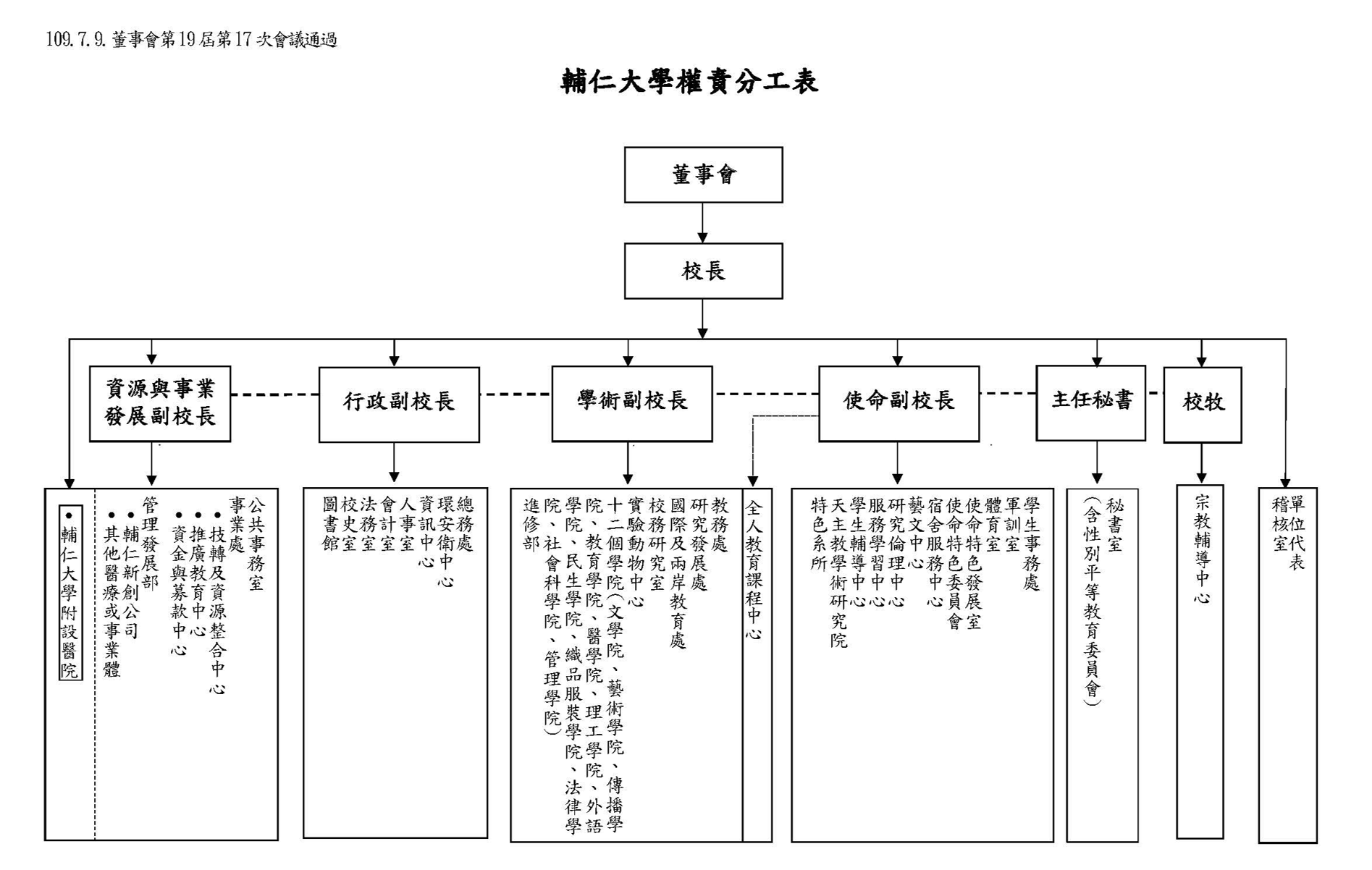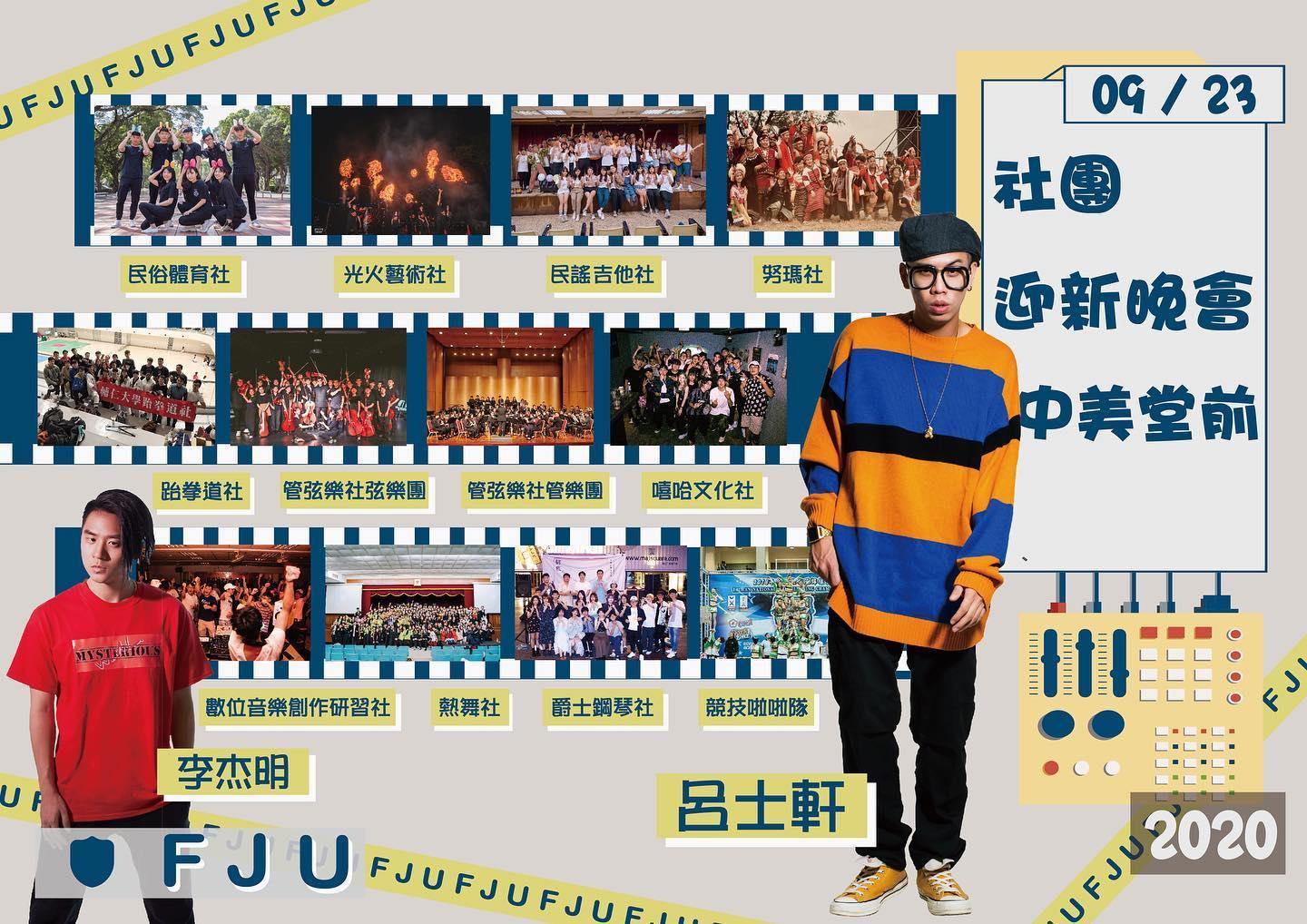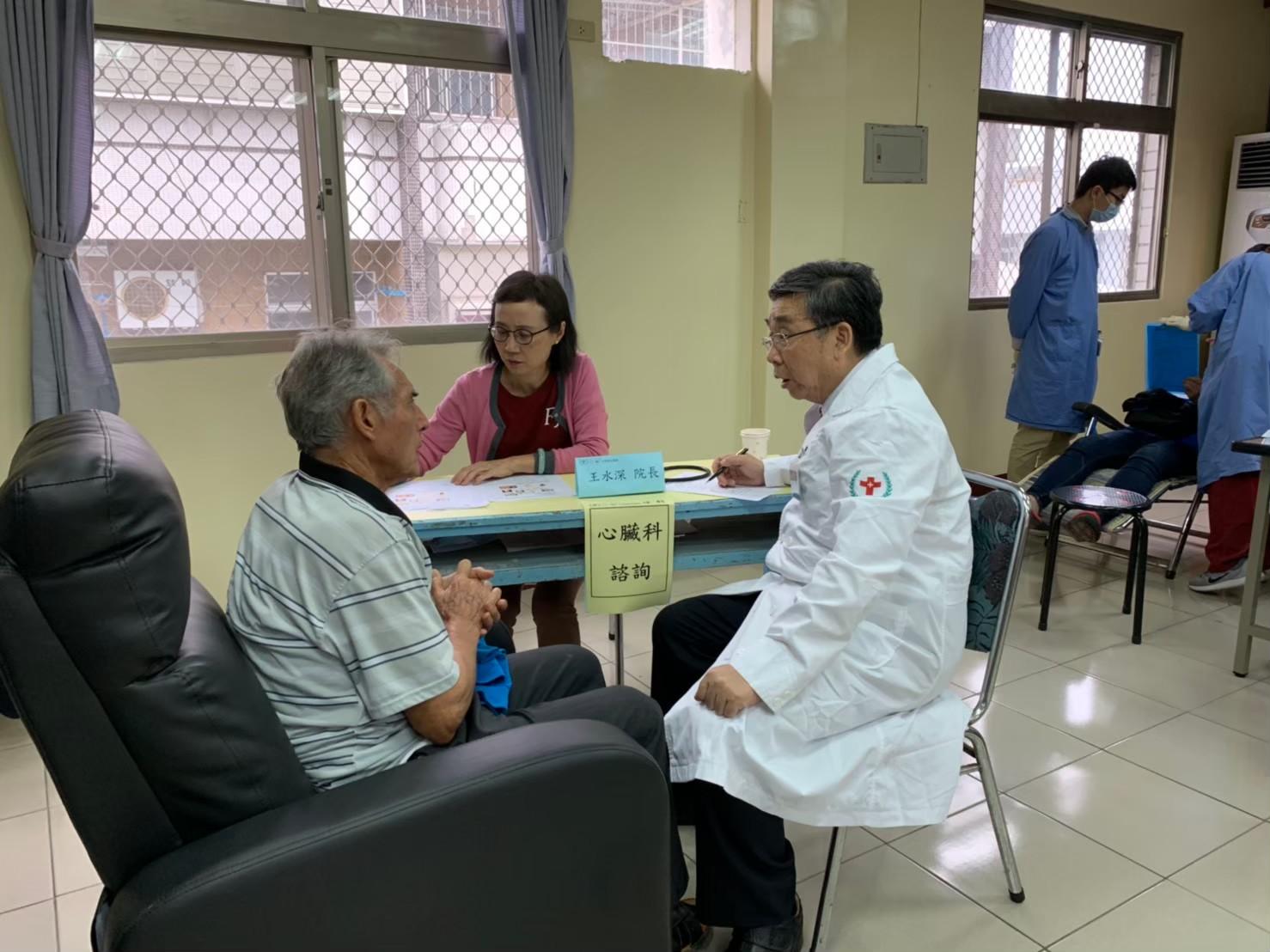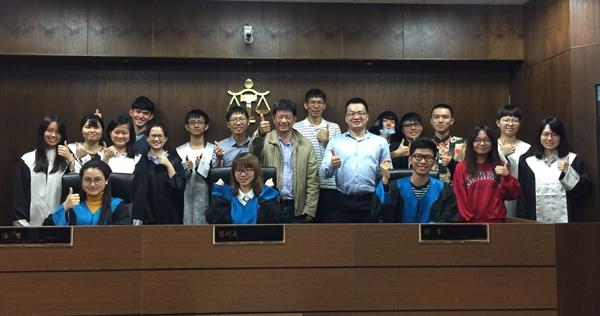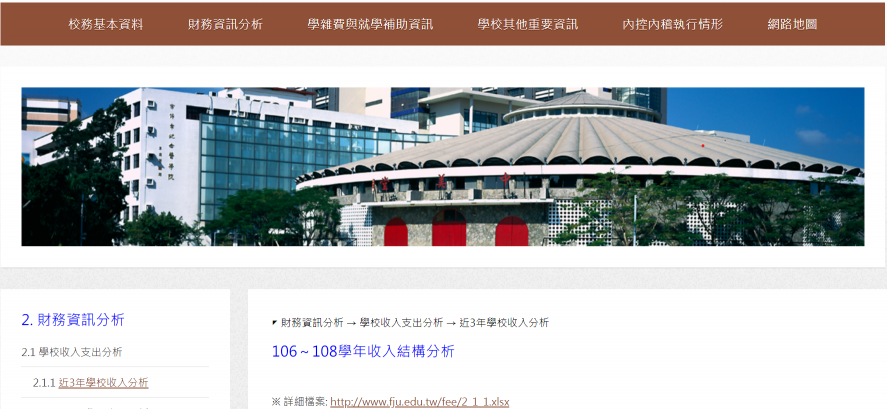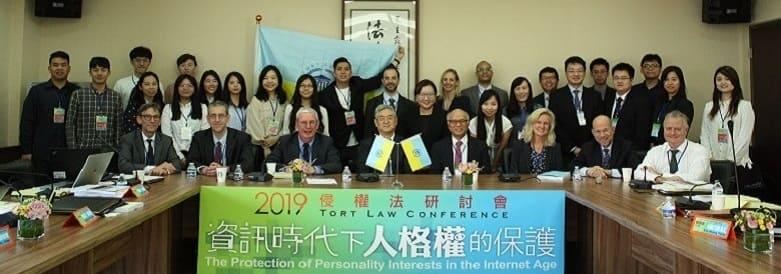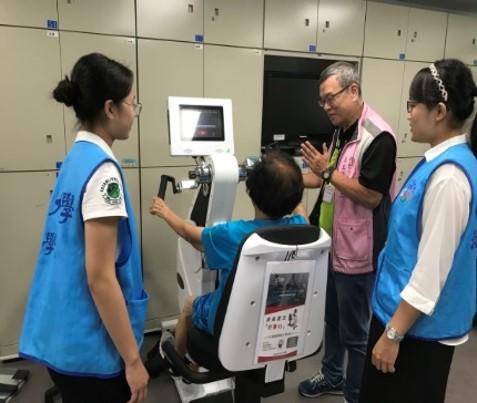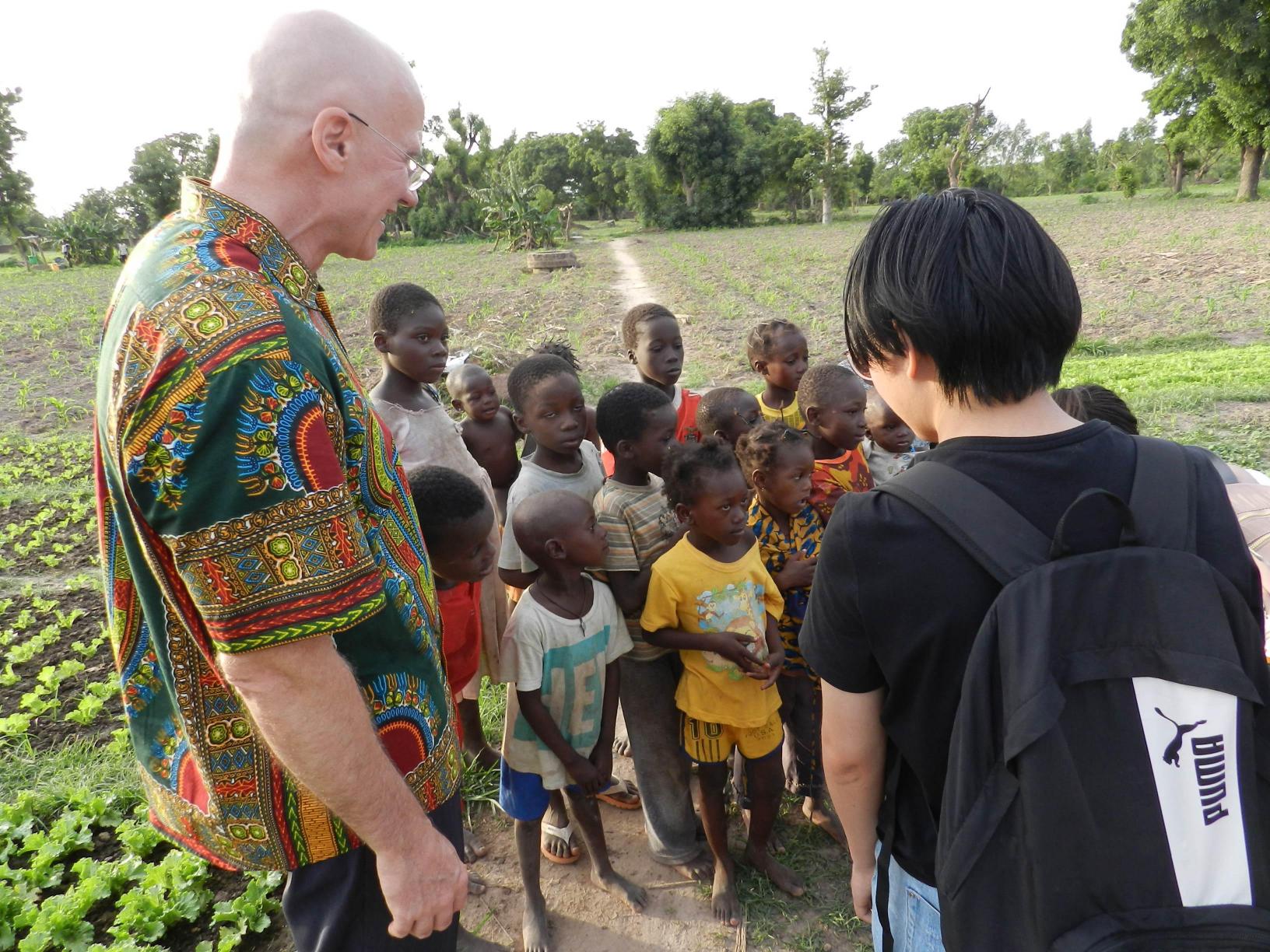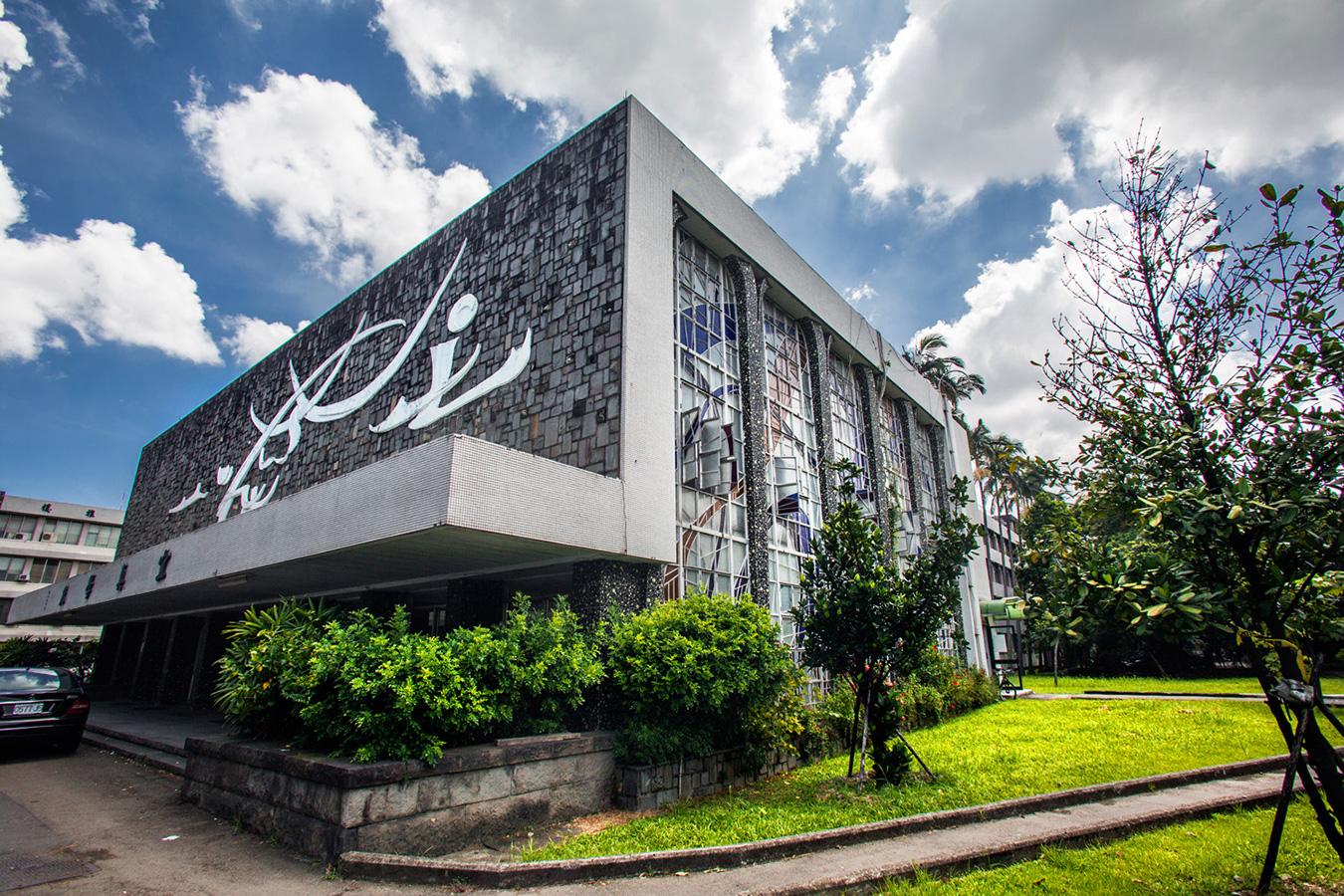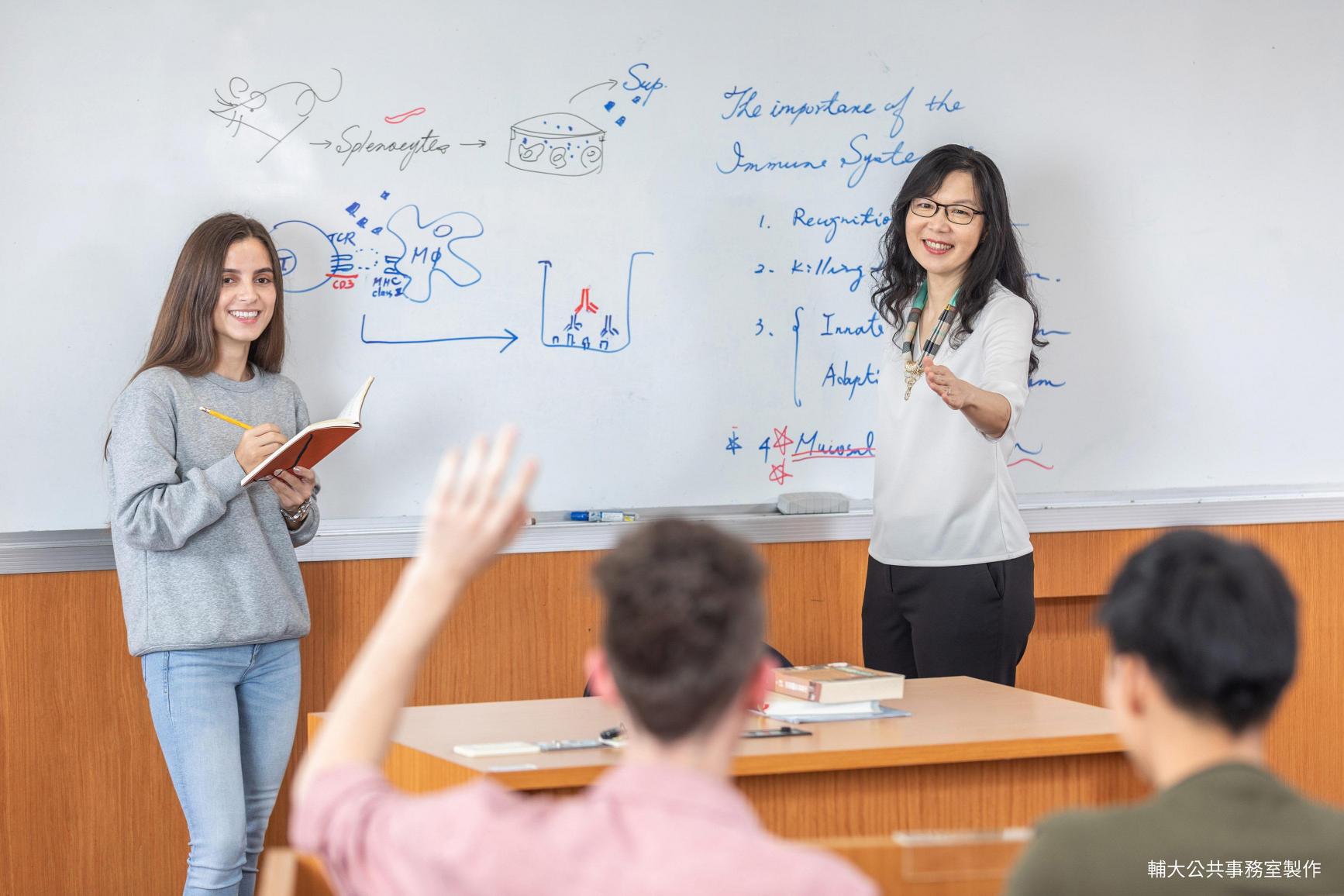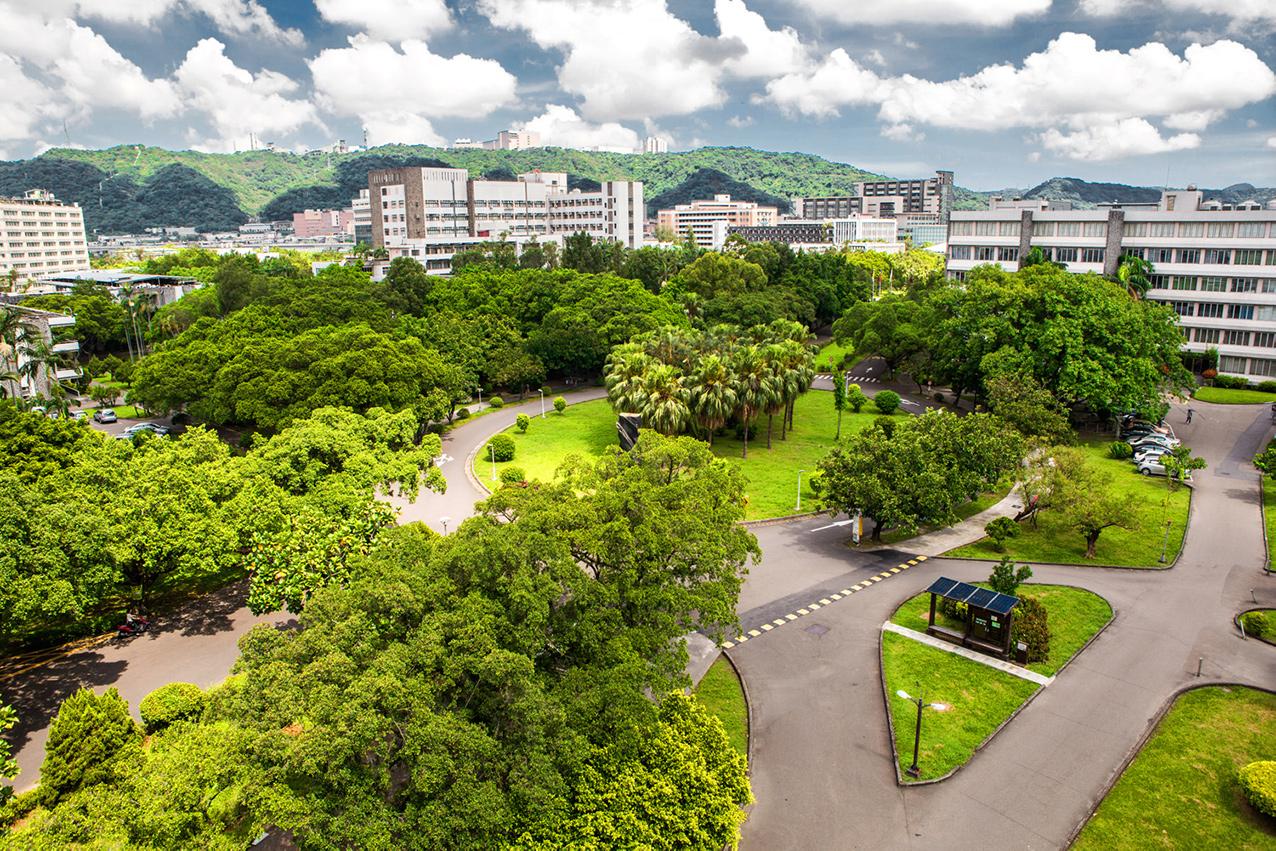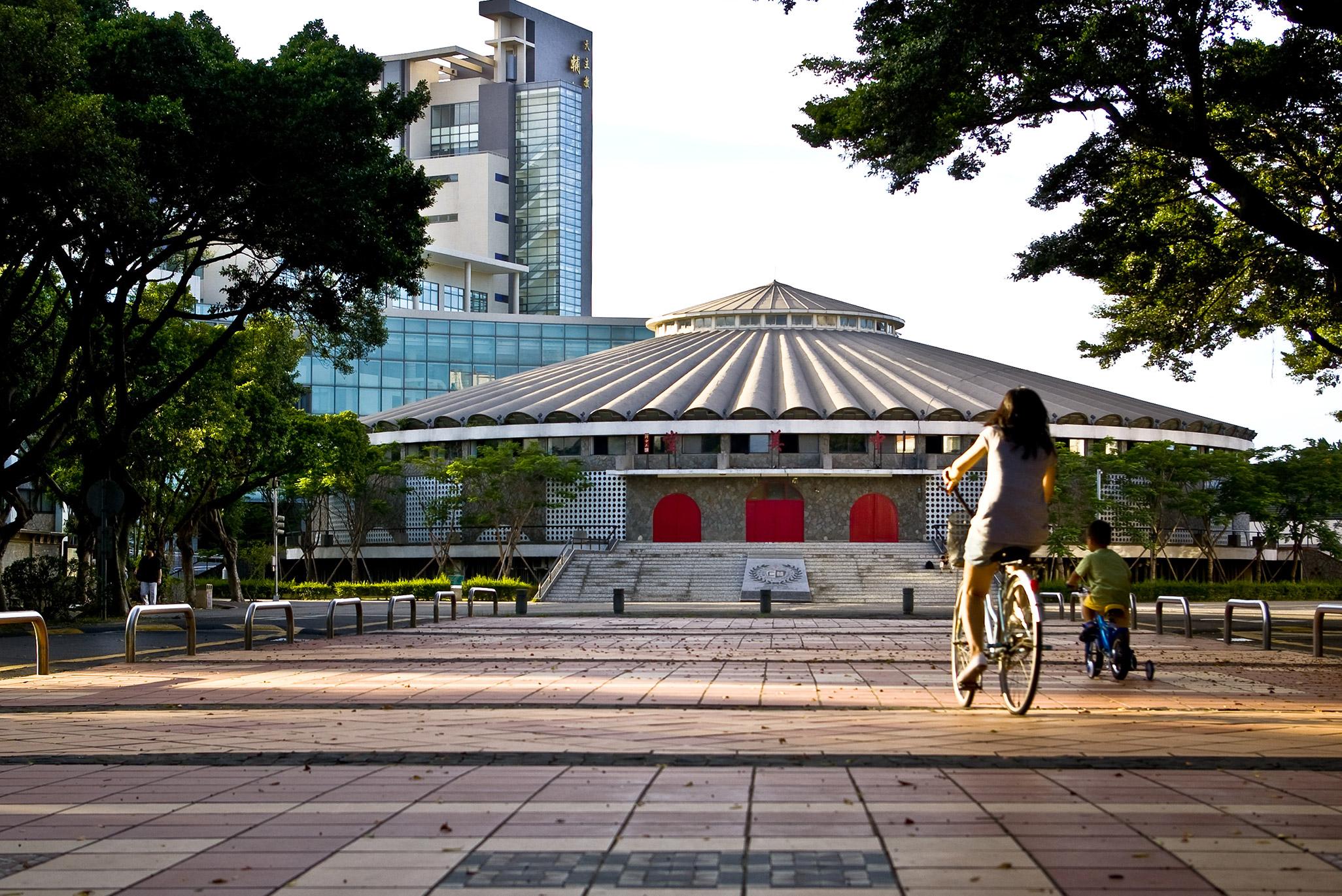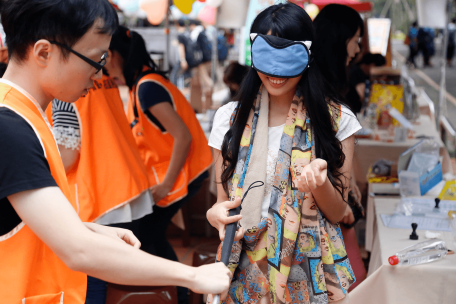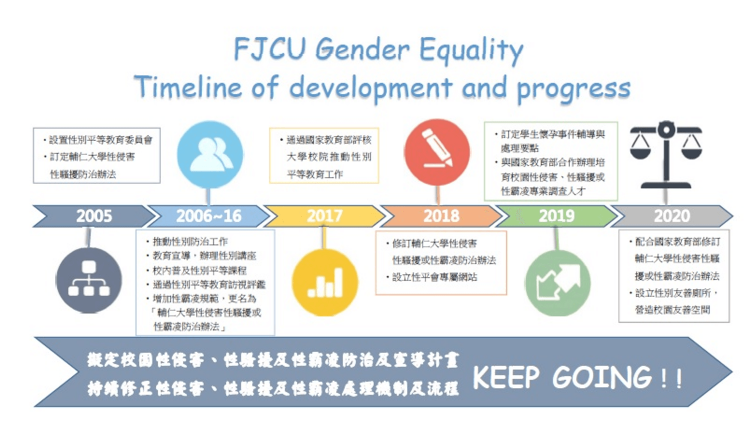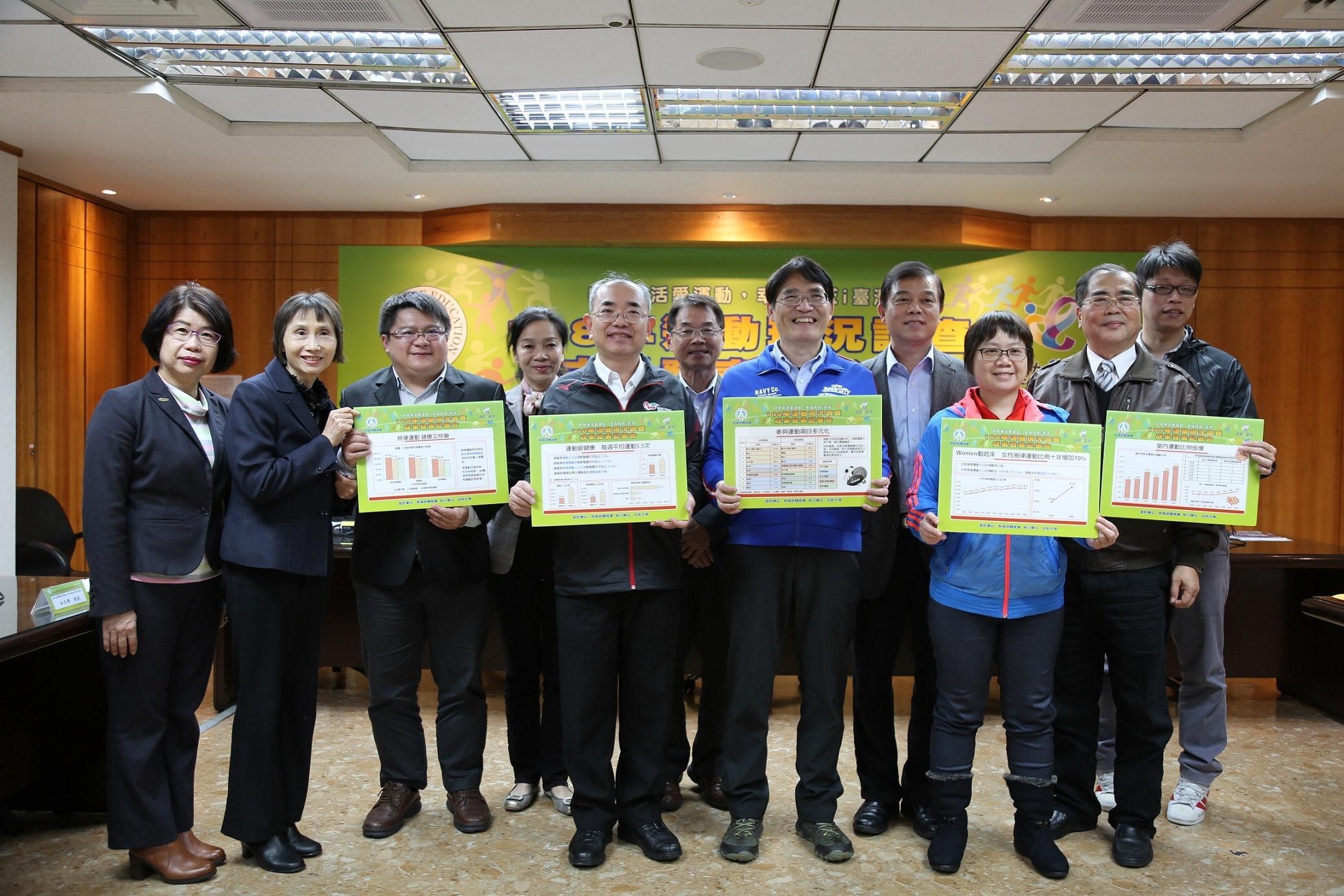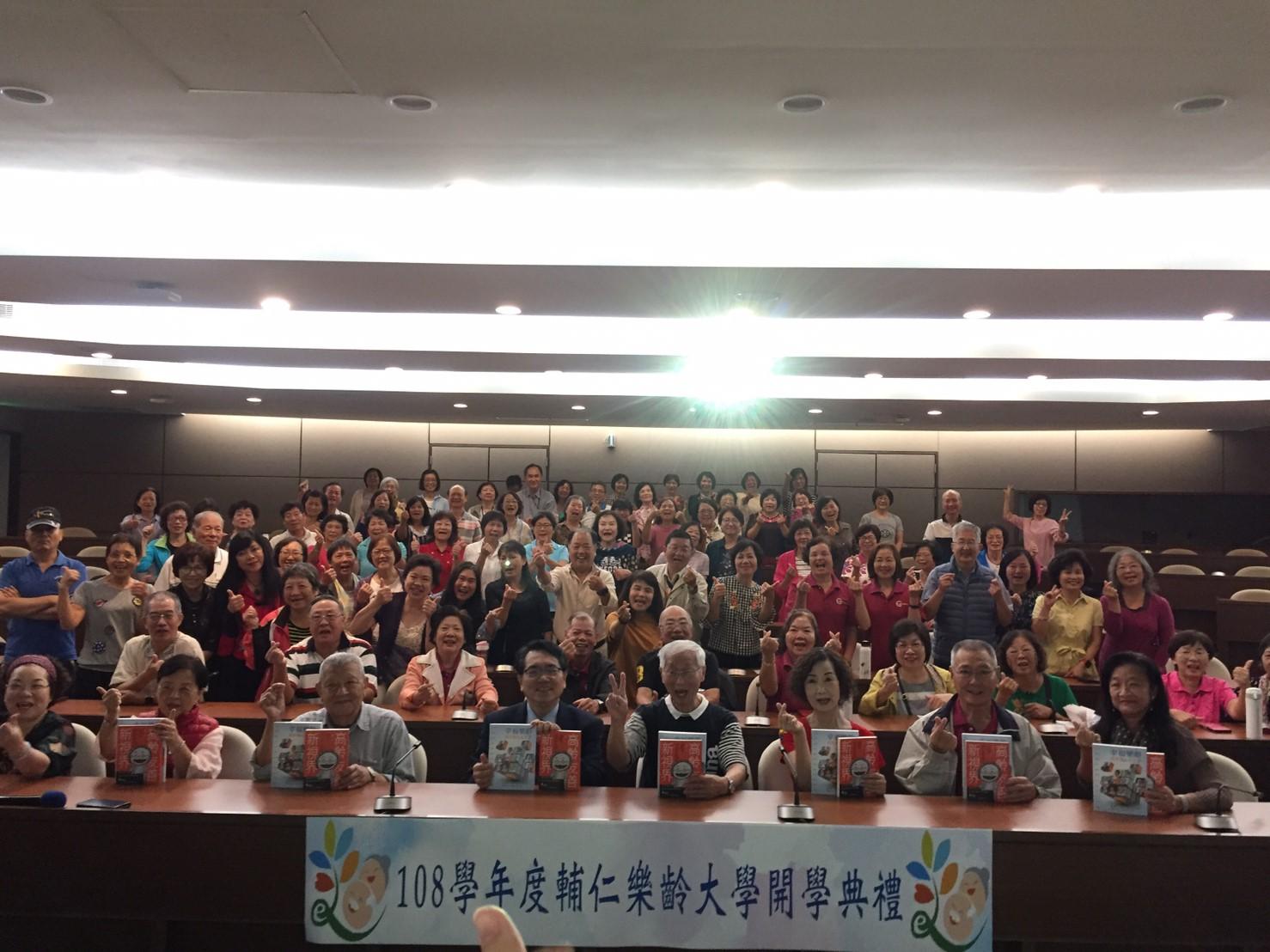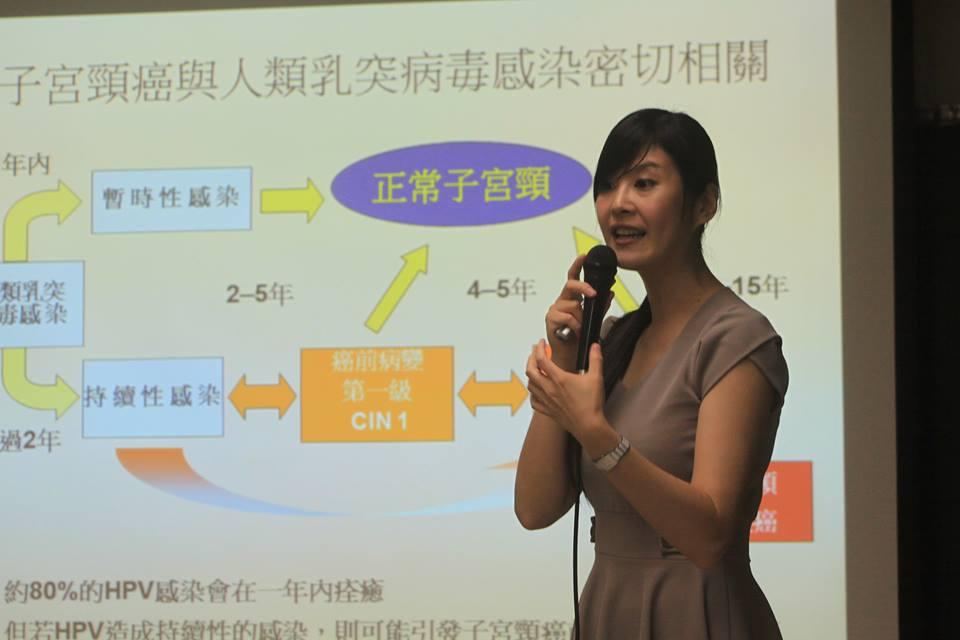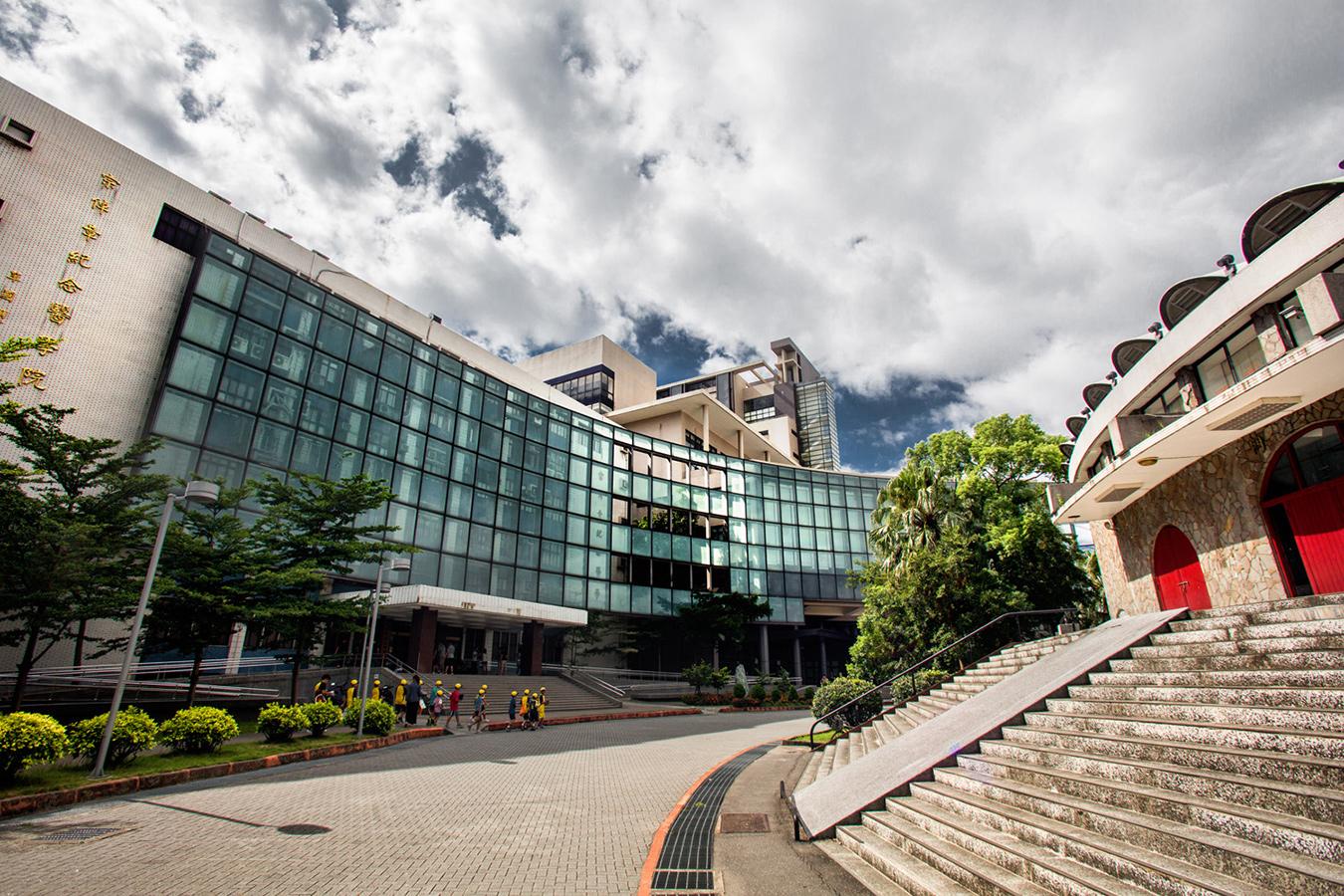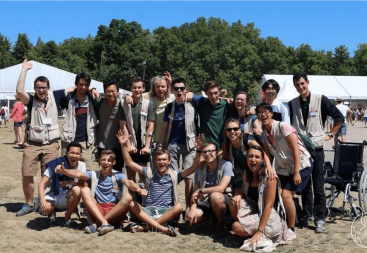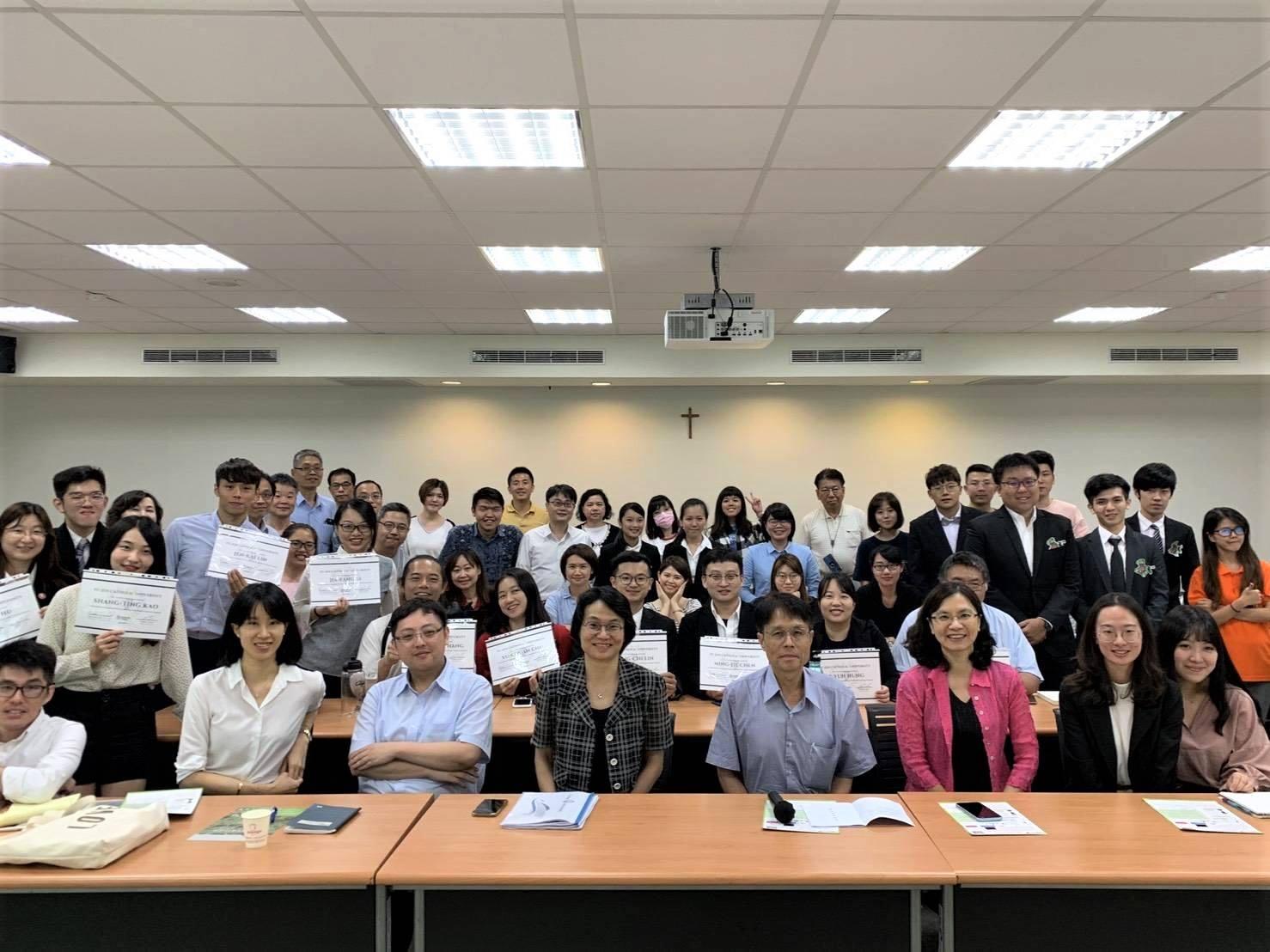In order to create a peaceful and inclusive campus environment, FJCU’s highest governing body, the University Assembly, is composed of administrators, faculty, staff, and students; the university has also included all parties in its governance through multiple student self-governing groups and a suggestions forum. In addition, members of the faculty are encouraged to freely engage in all fields of research as part of FJCU’s policy on academic freedom. On top of publishing financial data and project reports on its website, the university established an internal auditing system as a public declaration of its compliance with Taiwanese laws and regulations in order to fight corruption, bribery, and crime. As for FJCU’s efforts outside the campus, apart from forming links with alumni, pushing for education and medical activities in remote areas of Taiwan, and enhancing interactions with external stakeholders, the school also works with various government agencies to conduct research on virtual currencies, drug abuse prevention and treatment, employment of middle-aged and older adults, and athletic training. Plus, members of the faculty have served as expert members of committees or as advisors to various levels of government because of their professional expertise, and provided their suggestions on policy and practice in the areas of judiciary, criminal law, finance, sports, social welfare policy, and more. Moreover, for legislators and other policymakers, FJCU offers courses and programs in economics, law, technology, and climate change in an effort to promote sustainable development policies.
- AR. College of Arts
- FL. College of Foreign Languages and Literatures
- CM. College of Communication
- FT. College of Fashion and Textiles
- ED. College of Education
- MD. College of Medicine
- HC. Holistic Education Center
- MG. College of Management
- HE. College of Human Ecology
- SE. College of Science and Engineering
- LA. College of Liberal Arts
- SO. College of Social Sciences
- LW. School of Law
In order to create a peaceful and inclusive campus environment, FJCU’s highest governing body, the University Assembly, is composed of administrators, faculty, staff, and students; the university has also included all parties in its governance through multiple student self-governing groups and a suggestions forum. In addition, members of the faculty are encouraged to freely engage in all fields of research as part of FJCU’s policy on academic freedom. On top of publishing financial data and project reports on its website, the university established an internal auditing system as a public declaration of its compliance with Taiwanese laws and regulations in order to fight corruption, bribery, and crime. As for FJCU’s efforts outside the campus, apart from forming links with alumni, pushing for education and medical activities in remote areas of Taiwan, and enhancing interactions with external stakeholders, the school also works with various government agencies to conduct research on virtual currencies, drug abuse prevention and treatment, employment of middle-aged and older adults, and athletic training. Plus, members of the faculty have served as expert members of committees or as advisors to various levels of government because of their professional expertise, and provided their suggestions on policy and practice in the areas of judiciary, criminal law, finance, sports, social welfare policy, and more. Moreover, for legislators and other policymakers, FJCU offers courses and programs in economics, law, technology, and climate change in an effort to promote sustainable development policies.
- AR. College of Arts
- FL. College of Foreign Languages and Literatures
- CM. College of Communication
- FT. College of Fashion and Textiles
- ED. College of Education
- MD. College of Medicine
- HC. Holistic Education Center
- MG. College of Management
- HE. College of Human Ecology
- SE. College of Science and Engineering
- LA. College of Liberal Arts
- SO. College of Social Sciences
- LW. School of Law
In order to create a peaceful and inclusive campus environment, FJCU’s highest governing body, the University Assembly, is composed of administrators, faculty, staff, and students; the university has also included all parties in its governance through multiple student self-governing groups and a suggestions forum. In addition, members of the faculty are encouraged to freely engage in all fields of research as part of FJCU’s policy on academic freedom. On top of publishing financial data and project reports on its website, the university established an internal auditing system as a public declaration of its compliance with Taiwanese laws and regulations in order to fight corruption, bribery, and crime. As for FJCU’s efforts outside the campus, apart from forming links with alumni, pushing for education and medical activities in remote areas of Taiwan, and enhancing interactions with external stakeholders, the school also works with various government agencies to conduct research on virtual currencies, drug abuse prevention and treatment, employment of middle-aged and older adults, and athletic training. Plus, members of the faculty have served as expert members of committees or as advisors to various levels of government because of their professional expertise, and provided their suggestions on policy and practice in the areas of judiciary, criminal law, finance, sports, social welfare policy, and more. Moreover, for legislators and other policymakers, FJCU offers courses and programs in economics, law, technology, and climate change in an effort to promote sustainable development policies.
- AR. College of Arts
- FL. College of Foreign Languages and Literatures
- CM. College of Communication
- FT. College of Fashion and Textiles
- ED. College of Education
- MD. College of Medicine
- HC. Holistic Education Center
- MG. College of Management
- HE. College of Human Ecology
- SE. College of Science and Engineering
- LA. College of Liberal Arts
- SO. College of Social Sciences
- LW. School of Law
In order to create a peaceful and inclusive campus environment, FJCU’s highest governing body, the University Assembly, is composed of administrators, faculty, staff, and students; the university has also included all parties in its governance through multiple student self-governing groups and a suggestions forum. In addition, members of the faculty are encouraged to freely engage in all fields of research as part of FJCU’s policy on academic freedom. On top of publishing financial data and project reports on its website, the university established an internal auditing system as a public declaration of its compliance with Taiwanese laws and regulations in order to fight corruption, bribery, and crime. As for FJCU’s efforts outside the campus, apart from forming links with alumni, pushing for education and medical activities in remote areas of Taiwan, and enhancing interactions with external stakeholders, the school also works with various government agencies to conduct research on virtual currencies, drug abuse prevention and treatment, employment of middle-aged and older adults, and athletic training. Plus, members of the faculty have served as expert members of committees or as advisors to various levels of government because of their professional expertise, and provided their suggestions on policy and practice in the areas of judiciary, criminal law, finance, sports, social welfare policy, and more. Moreover, for legislators and other policymakers, FJCU offers courses and programs in economics, law, technology, and climate change in an effort to promote sustainable development policies.
- AR. College of Arts
- FL. College of Foreign Languages and Literatures
- CM. College of Communication
- FT. College of Fashion and Textiles
- ED. College of Education
- MD. College of Medicine
- HC. Holistic Education Center
- MG. College of Management
- HE. College of Human Ecology
- SE. College of Science and Engineering
- LA. College of Liberal Arts
- SO. College of Social Sciences
- LW. School of Law
In order to create a peaceful and inclusive campus environment, FJCU’s highest governing body, the University Assembly, is composed of administrators, faculty, staff, and students; the university has also included all parties in its governance through multiple student self-governing groups and a suggestions forum. In addition, members of the faculty are encouraged to freely engage in all fields of research as part of FJCU’s policy on academic freedom. On top of publishing financial data and project reports on its website, the university established an internal auditing system as a public declaration of its compliance with Taiwanese laws and regulations in order to fight corruption, bribery, and crime. As for FJCU’s efforts outside the campus, apart from forming links with alumni, pushing for education and medical activities in remote areas of Taiwan, and enhancing interactions with external stakeholders, the school also works with various government agencies to conduct research on virtual currencies, drug abuse prevention and treatment, employment of middle-aged and older adults, and athletic training. Plus, members of the faculty have served as expert members of committees or as advisors to various levels of government because of their professional expertise, and provided their suggestions on policy and practice in the areas of judiciary, criminal law, finance, sports, social welfare policy, and more. Moreover, for legislators and other policymakers, FJCU offers courses and programs in economics, law, technology, and climate change in an effort to promote sustainable development policies.
- AR. College of Arts
- FL. College of Foreign Languages and Literatures
- CM. College of Communication
- FT. College of Fashion and Textiles
- ED. College of Education
- MD. College of Medicine
- HC. Holistic Education Center
- MG. College of Management
- HE. College of Human Ecology
- SE. College of Science and Engineering
- LA. College of Liberal Arts
- SO. College of Social Sciences
- LW. School of Law
為了建立和平且包容的校園環境,本校最高治理組織「校務會議」,由主管、教師、職員及學生組成,並透過多個學生自治團體、愛校建言專區,落實所有階層參與學校治理。此外,亦鼓勵教師自由從事各領域之研究,以落實學術自由政策。另外,除了在公開網站上公布本校財政數據及專案報告外,也訂定內部稽核制度,公開宣示遵循國家法令規章,以達到反貪腐、反賄賂及反犯罪之目的。對外,除了透過和校友連結、推動偏鄉教育與醫療活動,強化和校外利害關係人之互動外,也與各政府單位合作,進行虛擬貨幣、藥癮防治、中高齡者就業及運動防護等研究,並透過本校教師之專業,在司法、刑事法、財政、體育、社福政策等方面,擔任各級政府之專家委員或顧問,提供政策與實務之建言。此外,更對立法委員等政策制定者,開設經濟、法律、科技及氣候變遷等相關課程專班,為永續發展之政策努力。
- AR. College of Arts
- FL. College of Foreign Languages and Literatures
- CM. College of Communication
- FT. College of Fashion and Textiles
- ED. College of Education
- MD. College of Medicine
- HC. Holistic Education Center
- MG. College of Management
- HE. College of Human Ecology
- SE. College of Science and Engineering
- LA. College of Liberal Arts
- SO. College of Social Sciences
- LW. School of Law
